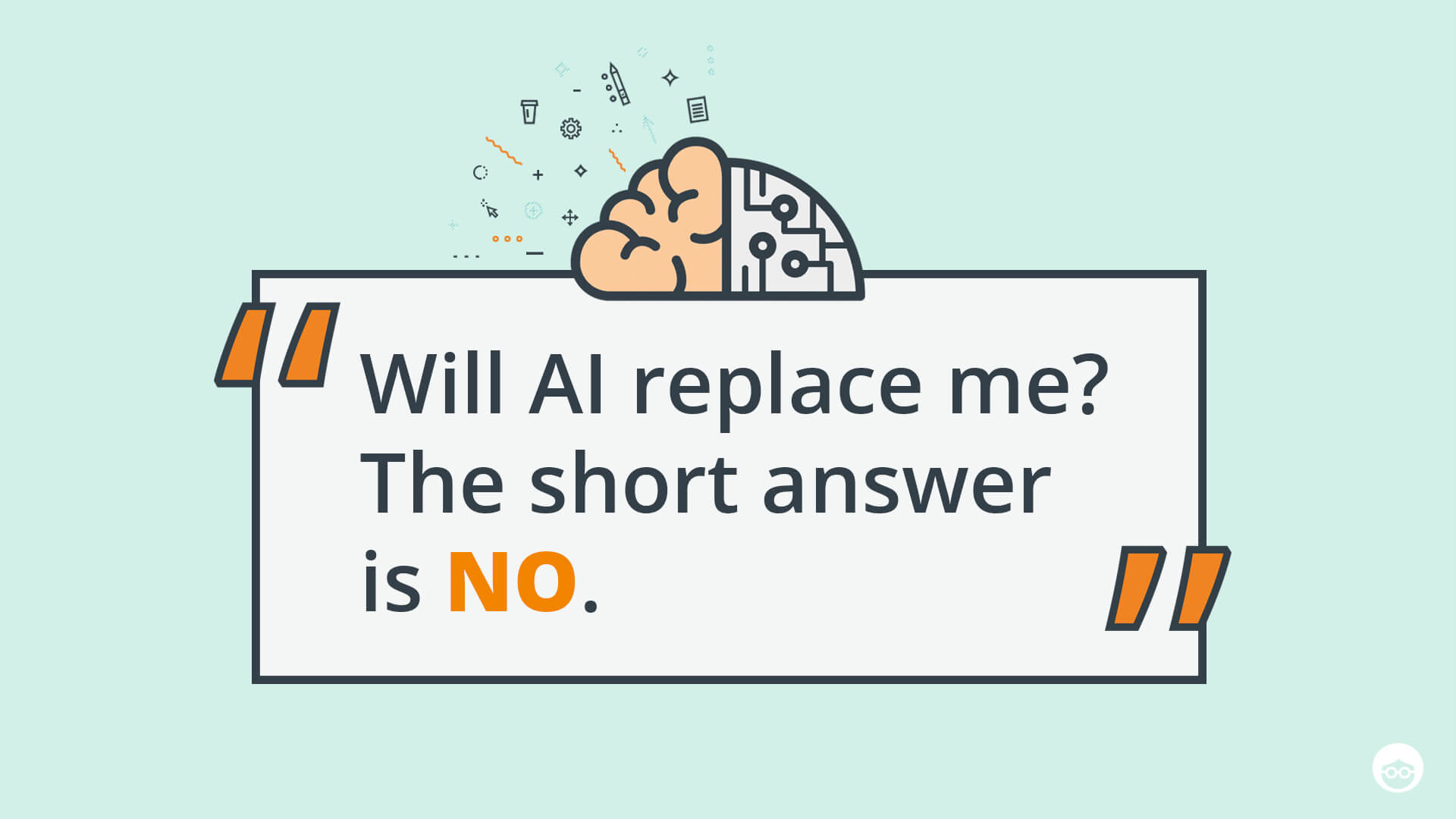1. Blockchain Technology
The ingenious invention is the exact phrase that came to my mind while writing about Blockchain Technology. It is the brainchild of a person or a group of people who gave the pseudonym, Satoshi Nakamoto. It is originally devised for Bitcoin, the digital currency that is called as “digital gold”. According to Don & Alex Tapscott, “The blockchain is an incorruptible digital ledger of economic transactions that can be programmed to record not just financial transactions but virtually everything of value.” I was going through various online repositories and telegram groups that are like solely dedicated to Blockchain Technology and came across its five big advantages –
Transparency Reduced transaction cost Faster transaction settlements Decentralisation User-controlled networks
Due to its immense potential, it can be implemented in various sectors ranging from banking, education to health. This technology can revamp the present system by automating manual processes, eradicating frauds and controlling the issues for authorization. In all, it could be a game-changer and a perfect platform to transform a knowledge-driven economy into a digital-inclusive society as stated by The Economic Times. To join as Blockchain Developer in any company, one must possess the following skillsets – Java, C++, PHP, Python, JavaScript, HTML, CSS, NodeJS, MongoDB, networking, and security.
2. Artificial Intelligence (AI)
The father of Artificial Intelligence is John McCarthy. According to him, it is “The science and engineering of making intelligent machines, especially intelligent computer programs.” A program is nothing but a set of instructions that are given by the programmer to execute a task. So, in a way, we are making an intelligent computer-controlled robot like the way, intelligent humans think. My further study was oriented in a way – “Can a machine think and behave like humans do?” The quest to know more about it is never-ending. The main goals of AI include the creation of expert systems and implementation of human intelligence in machines. After going through many articles and magazines, I concluded that AI has the potential to change business forever. Some of the breath-taking statistics about AI are mentioned below –
More than 80% of executives surveyed are “eyeing the peaks” and view it as a strategic opportunity. 38% of customers believe that AI is going to improve customer service.
It is also predicted that AI can lead to large-scale unemployment due to a replacement of humans with machines. AI will not only change the way we think or live our lives but also explore new horizons, be it space or ocean. The changes will be so rapid that we won’t be able to notice minor changes and, in a way, adapt to it. So, it is wise and a better option to be well-equipped with the concepts and applications of AI for the years to come. If someone wants to excel in the field of AI, one must have the following skillsets – Python, R, Machine Learning, Hadoop, Data Science, Big Data, Java, Data Mining, Spark and SAS.
3. Augmented and Virtual Reality (AR & VR)
There are five primary generations that make up our society namely –
iGen / Centennials / Gen Z (1996 onwards) Millennials / Gen Y (1977 – 1995) Gen X (1965 – 1976) Baby Boomers (1946 – 1964) Traditionalists / Silent Generation (1945 and before)
According to a speech by Heather Bellini, Business Unit Leader in Telecommunications, Media, and Technology, “VR and AR market will reach $80 billion by 2025, roughly the size of the current desktop PC market.” Users participation or interaction with the physical and virtual environment followed by computer simulation leads to AR and VR respectively. There are many applications of it ranging from Oculus Rift to Google Cardboard. It is predicted that combined AR & VR market size will be $215 billion in coming years. If we want to join as VR developer in any company, we should focus on the following skillsets – software engineering, 3D design, video/sound production, game development and UX/UI design while AR developer must focus on – 3D modelling, computer vision (CV), marker detection, mobile programming, low-level programming language (i.e. C++, C#, JS etc.) and knowledge of relevant Software Development Kits (i.e. Hololens etc.).


